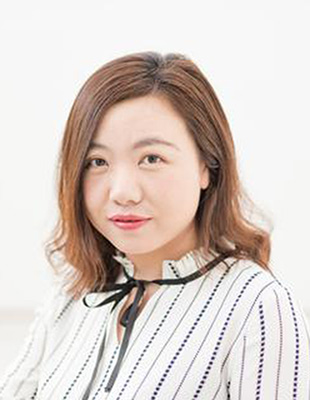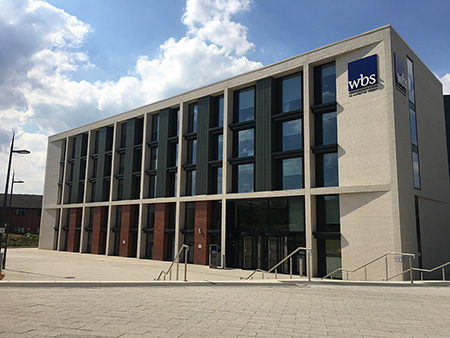Melody Zou is a BBA, MSc and PhD graduate of CityU who was appointed Assistant Professor at the University of Warwick (Warwick Business School) in July 2018. Here we talk with Melody about her varied learning experience at CityU and her expectations for Warwick.
How did you first come into contact with CB?
CityU was active with promotions in the mainland, and the university looked fantastic from a mainland high school student perspective at that time.
What were the highlights of your BBA?
The BBA (Marketing programme) offered intense training on developing a business sense and conducting business presentations in a creative way. This helped me even with the PhD where presentations can get quite formulaic. I also gained hands-on consultancy experience from my final-year projects when I worked for Pricerite, a local competitor to IKEA.
Did you feel the consultancies make a real difference?
We did focus group and survey studies for the company and then presented our findings and solutions to the CEO. At that time, Pricerite was perceived as a superstore for homeware and it was planning a repositioning for the youngster market. We proposed designing theme rooms for different types of customers (e.g., students, young couples, families). Now Pricerite has a series of display rooms in its flagship store in Megabox. It is also always in my choice options when I need to buy furniture or homeware in Hong Kong.
You then moved into industry?
Yes, I worked for a company doing B2B in Hong Kong Science Park. At that time Weibo was still popular and WeChat was just launched. People were trying to figure out the potential of online advertising in social media. We were helping clients look at how to package information in a more targeted way to reach the right segment of the customers. We already had the concept of analytics. Since then market customer identification has become more and more precise.
You then returned to CB to do an MSc
This was an MSc in Business Information Systems. I worked in the IT industry, so I wanted to strengthen my technical background. It was a bit different from Marketing. In information systems, we understand how to write programmes and how to design systems. But since it is in the College of Business, we think from the business perspective.
After that year I was at a crossroads. The question was whether to continue in academia or go back into industry.
What made your mind up in favour of academia?
I actually got to the final round of interviewing for IBM. I still remember being interviewed by the line manager, and I caught sight of his business card which had the title “PhD”. And I thought, there is always the possibility of getting back into industry. My supervisor at the time was very open-minded and laid out the opportunities. In the end I chose academia maybe because I enjoy learning, and also perhaps because of the continuity.
Were you living in the university?
Yes, the university offered on-campus accommodation. I was also a residence tutor in organising and supporting student activities, along with management duties in the student residence.
What was your PhD research focus?
In my PhD I developed a concept called extra-role behaviour. The main idea is that users do not merely use a technology - they can also make contributions to it. From the developer's point of view, if you can engage the users you can get free input from them. I reviewed literature and defined what would be the “role” in the technology context.
Have you been able to share your learning experiences with colleagues at CB?
Yes, I have contributed to several sharing sessions for PhD students. These covered issues such as how to get through the transition from an undergraduate to a PhD, what resources the university offers for the junior levels, how to get prepared for job hunting and how to define selection criteria for the senior levels.
What are your first impressions of Warwick?
Warwick is very strong and active in academic research. Its business school even has its own building and system. The research interests of my research group at CityU is similar to the ones of the Warwick group, so I perceive it to be a good match.
What does the future look like?
Compared to Hong Kong, Warwick should be at a slower pace because city living is too busy here. I plan to fit into local life, and commute by train.
How do you see the role of academics changing in the next ten years?
We academics are no longer living in our ivory tower! We are keen to partner with corporates. As academics we bring wide reading and context to particular problem areas, and we are able to propose new solutions for technology advancement as well as solve practical problems. From the research angle, the link with industry is also indispensable. Overall, we are in a good position to add value to industry.


